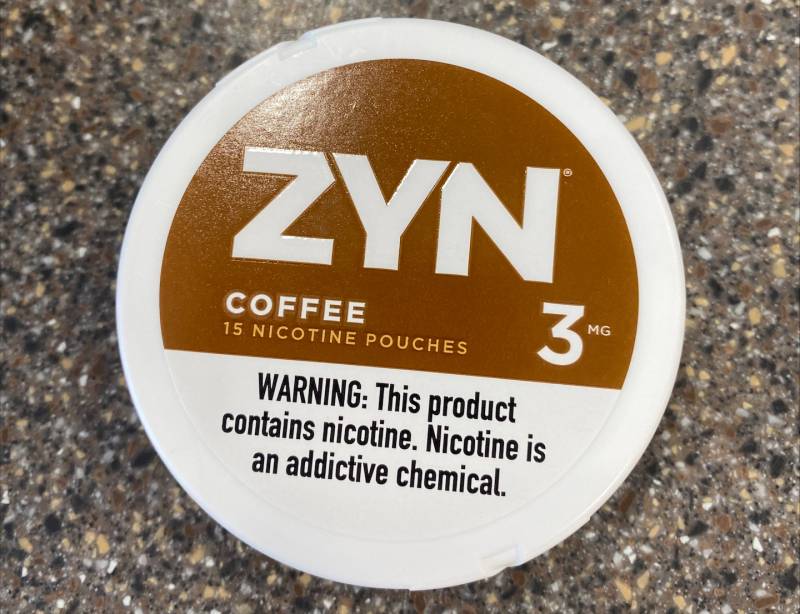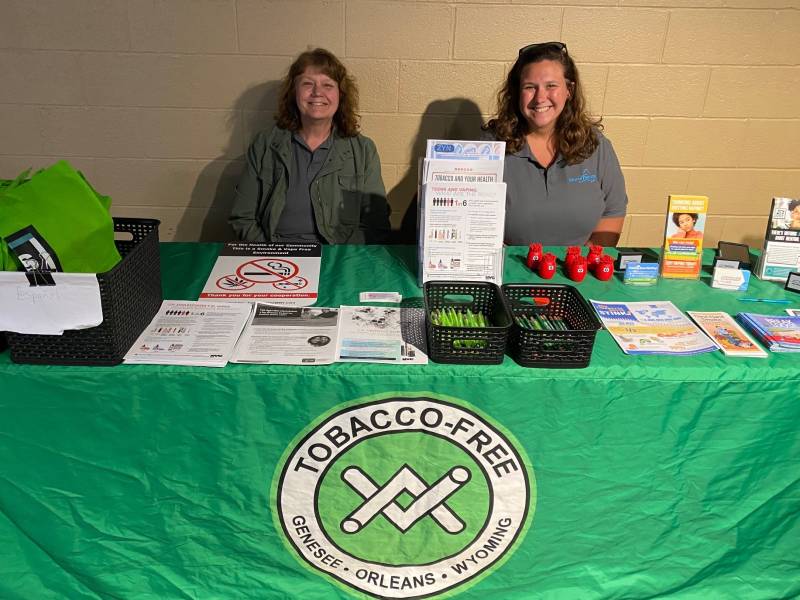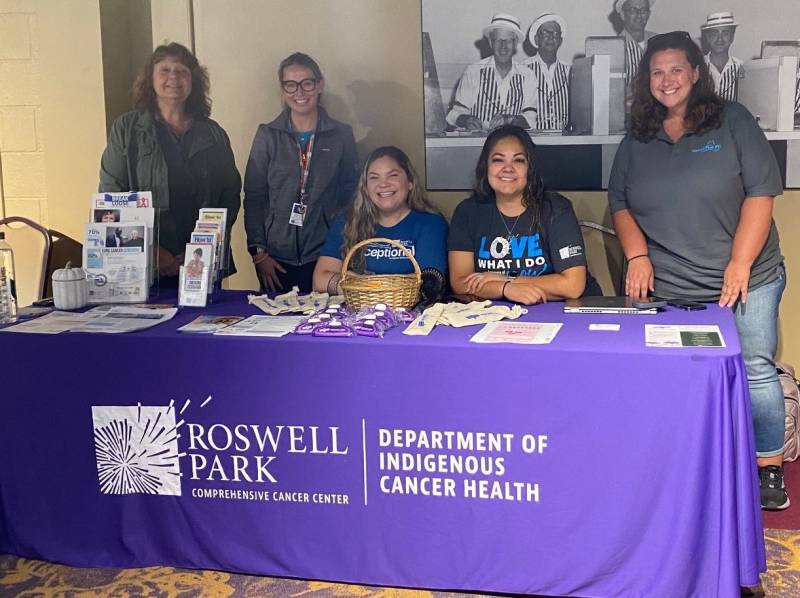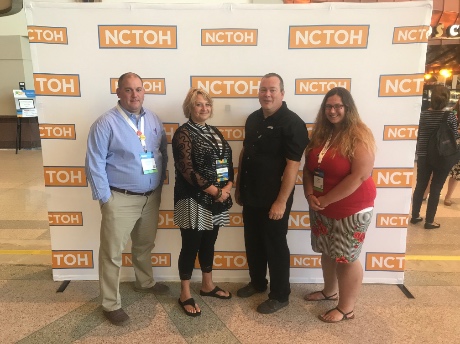TF GOW wants schools and parents to know about vaping and nicotine pouches

Press Release:
With students back in school this month, public health leaders from Tobacco-Free Genesee, Orleans, and Wyoming counties (TF-GOW) say it's important to be aware of the risks of vaping, as well as a new nicotine product called nicotine pouches. Many users say they’re a safer way to use nicotine, but that is not the case.
“We’ve been working with schools and communities the last several years cracking down on vaping, but there’s another addictive nicotine product gaining popularity among teens: oral nicotine pouches,” says Brittany Bozzer, Reality Check Youth Outreach Coordinator for Tobacco-Free GOW.
According to Bozzer, the pouches are smokeless, and teens tuck them into their upper lips—making them harder to detect. They are sold in small containers under different brand names, including Zyn, Velo, Rogue, and On!, and come in a variety of youth-friendly flavors including mint, fruit, menthol, coffee, and cinnamon.
How much nicotine is in oral nicotine pouches?
Nicotine concentrations differ across oral nicotine brands. In the United States.
- Zyn (the most popular brand) is sold in 3 and 6 mg.
- Velo is sold in 2,4 and 7mg.
- On! is sold in 1.5, 2, 3.5, 4 and 8mg.
- On! Plus offers nicotine strengths of 6, 9 and 12mg.
- Youth can get nicotine pouches online that contain up to 17mg per pouch.
2024 Findings on Youth Tobacco Use: Youth vaping less
In September 2024, the Federal Drug Administration (FDA) and Centers for Disease Control and Prevention (CDC) released data from the 2024 National Youth Tobacco Survey (NYTS) on e-cigarette and nicotine pouch use among U.S. youth: “Notes from the Field: E-cigarette and Nicotine Pouch Use Among Middle and High School Students—United States, 2024.”
Findings showed that there was a significant drop in the number of U.S. middle and high school students who reported current (past 30 days) e-cigarette use – a decrease from 2.13 million (7.7%) youth in 2023 to 1.63 million (5.9%) youth in 2024.
Evidence shows that as e-cigarette products have faced federal flavor restrictions recently, high school students are vaping less. But experts at Tobacco-Free GOW are concerned that as kids move away from vapes, they may move toward nicotine pouches because they have appealing
flavors.“My tobacco control colleagues across New York State and I have seen different kinds of tobacco and nicotine products rise in popularity all the time, but we’ve learned over the years what works,” says Bozzer. “We're very concerned that the industry continues to find new products, new ways to addict our kids, and we’ll keep focusing on Zyn as well as youth vaping.”
More on nicotine pouches
- They are pillow-like pouches that deliver nicotine directly into the bloodstream through the mouth's membrane lining. Created in 2014 by the company Swedish Match.
- In addition to being perceived as a safer, and therefore, "healthier" addiction than vaping, nicotine pouches directly appeal to children and young people for a few other reasons.
- Like JUUL pods, nicotine pouches are sold in a variety of "fun" flavors such as peppermint, cinnamon, coffee, and citrus-which makes them pleasant to use.
- Social media sites like TikTok feature "Zynfluencers," whose content mainly consists of themselves using and promoting the pouches. This is concerning, especially considering 47.4% of all TikTok users in 2024 are under 30 years old.
Harms of Nicotine Pouches and Vapes
- Nicotine can harm brain development which continues until about age 25.
- Youth can start showing signs of nicotine addiction quickly, sometimes before the start of regular or daily use.
- Using nicotine during adolescence can harm the parts of the brain that control attention, learning, mood, and impulse control.
- Adolescents who use nicotine may be at increased risk for future addiction to other drugs.
Help for quitting: DropTheVape and Vaping Conversation Guide from the American Lung Association (ALA) DropTheVape is a free text-based youth and young adult vaping cessation service for smokers aged 13-24 provided by the New York State Department of Health (NYSDOH). The service is evidence-based and was developed by the Truth Initiative® with input from young people who wanted to quit vaping.
This program makes it easier to stop. Any New York State resident in the targeted age bracket can text “DropTheVape” to 88709. Enrollees receive interactive daily text messages tailored to their sign-up date or their target quit date. Messages include motivation, tips, coping strategies, and exercise to help build their belief that they CAN quit.
The American Lung Association (ALA) also has resources for talking to kids about vaping, including a conversation guide and a campaign available at https://www.lung.org/quit-smoking/helping-teens-quit/talk-about-vaping/conversation-guide.



